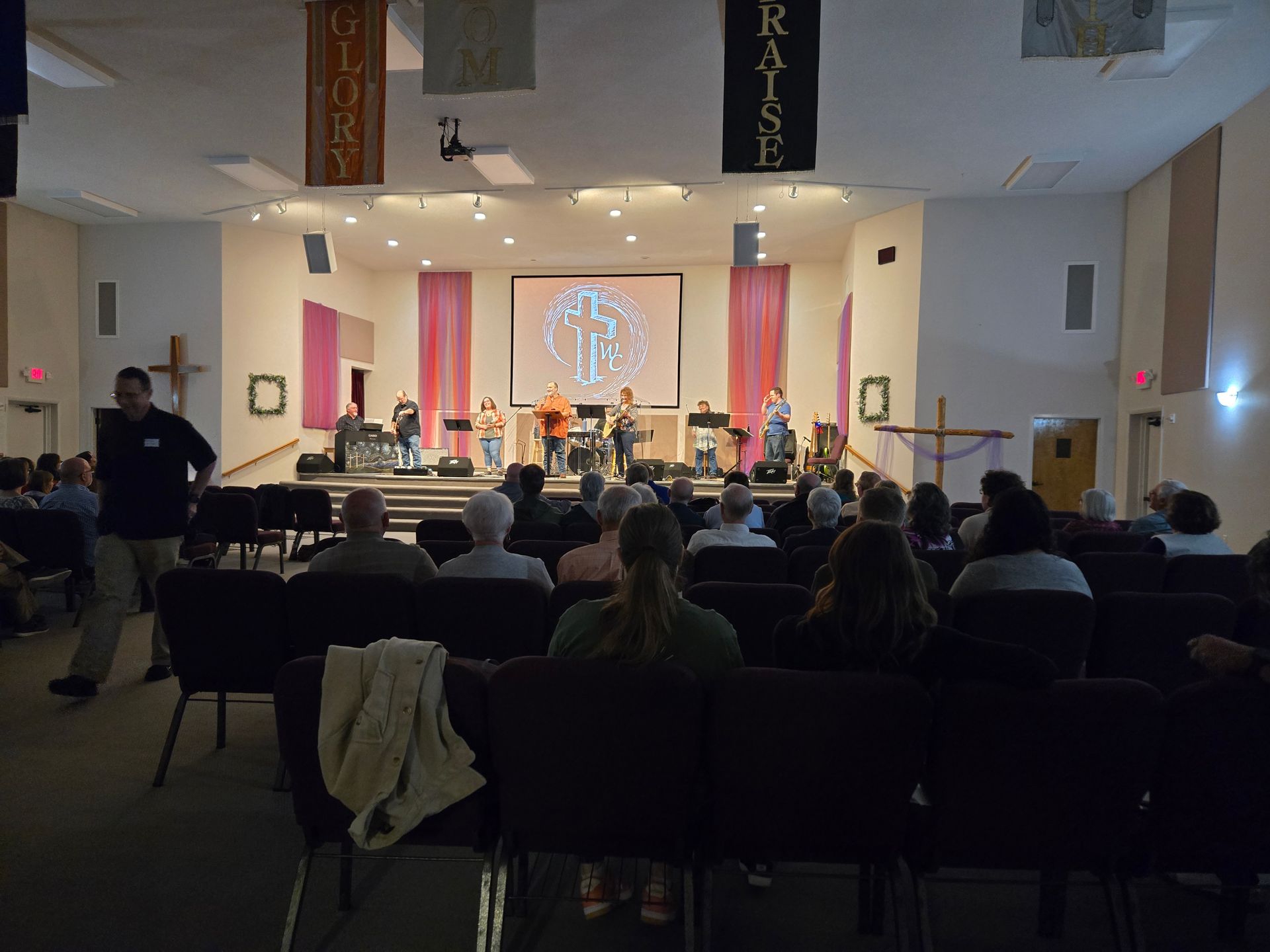And My Neighbor's Good
Steve Longenecker is Professor of History, Emeritus, Bridgewater College (VA)
Author Fareed Zakaria in his recent book, Ten Lessons for a Post-Pandemic World, points to increased economic inequality as a likely consequence of the pandemic. According to Zakaria, during the past several decades the developing world experienced unprecedented growth—a remarkable story—but Covid threatens to reverse this promising trend. Many developing nations depend on tourism, which the pandemic disrupted, and poorer societies are at the end of the vaccination line. Global inequality, after declining over the last generation or two, might easily worsen.
But inequality at home may also expand. Before Covid, the American wealth gap grew alarmingly as wealth became increasingly concentrated at the top. During the pandemic, this became exacerbated, as did the distance between the Two Americas: those with college degrees and those without. During Covid the middle class worked at home and got paid, while those on the lower rungs, generally without college degrees, got laid off and fell further behind. For the middle class, stimulus checks often were icing on the cake; for the furloughed, the checks made ends meet. Zakaria notes that “inequality in America looms worse than ever, the worst in the Western world,” more like Brazil than a European country.
The post-Covid future appears most daunting for those most damaged by the pandemic. Motel housekeepers, for example, might face permanent furloughs if daily room cleaning becomes a frill easily eliminated. As remote work by the college-educated continues, downtown office areas will be less populated with consequences for restaurants, hotels, barbershops, other retailers, and their employees. As home prices increase, first-time buyers will be priced out of the market and remain renters. With consequent higher rental demand, rents will increase, further pressuring those on the bottom. The current labor shortage offers a ray of hope for workers, but it feels temporary, like shortages in other parts of the economy, while risks to the poor appear long term.
The question, then, is how Christians in the comfortable middle class should respond to growing inequality. As in all aspects of life, Jesus offers guidance. He taught that loving our neighbors is the core of the faith, and he followed up with a clear definition of neighbor: a Samaritan, that is, the other or someone who could be distant.
Our Brethren forebears took this to heart. “For the glory of God and my neighbor’s good” was a popular Pietist maxim; Pietists were eighteenth-century German evangelicals who contributed much to the Brethren movement. The Christopher Saur print shop in colonial Germantown, Pennsylvania, adopted this as its motto; Saur I was a Pietist and amicable with the Brethren, and his son, Saur II, who inherited the print shop, was a Brethren preacher.
Where are the neighbors, the others, who need us now? Sometimes they are far-off, and working for their good might feel abstract or non-tangible, requiring an intellectual commitment. The best way to help Syrian refugees, for example, who are very much off the radar but who still endure miserable conditions in miserable camps, is simply to write a check or use a charge card. It feels sterile, but it certainly works for our neighbor’s good.
But other neighbors in need are literally at middle-class fingertips. Restaurant workers, for example, work very hard for low wages. In 2019, according to the Bureau of Labor Statistics, waiters and waitresses earned approximately $12.55 an hour, including tips. Half of all waiters/waitresses earned between $18,950 and $29,620 per year. Then, they suffered heavy layoffs during the pandemic. Reminder: They depend heavily on tips.
Consequently, Christians can do something for their neighbor’s good every time they tip. The temptation is to say “dig deep for restaurant workers,” but a generous gratuity is chump change for the middle class. The difference between a modest 10% tip and something over 20% is petty cash. It might be argued that this small amount is merely symbolic, but surely the gesture of support that comes with a tip over 20% is appreciated and counts as encouragement.
As a bonus, leaving a generous tip is a witness. Ideally, your lunch or dinner companions will notice, understand that you are a person of faith, and realize that your faith motivates your tip. Hopefully, your friends will take the hint and join in loving their neighbors.
Write a check, visit a charitable website, and leave big tip for God’s glory and your neighbor’s good.










